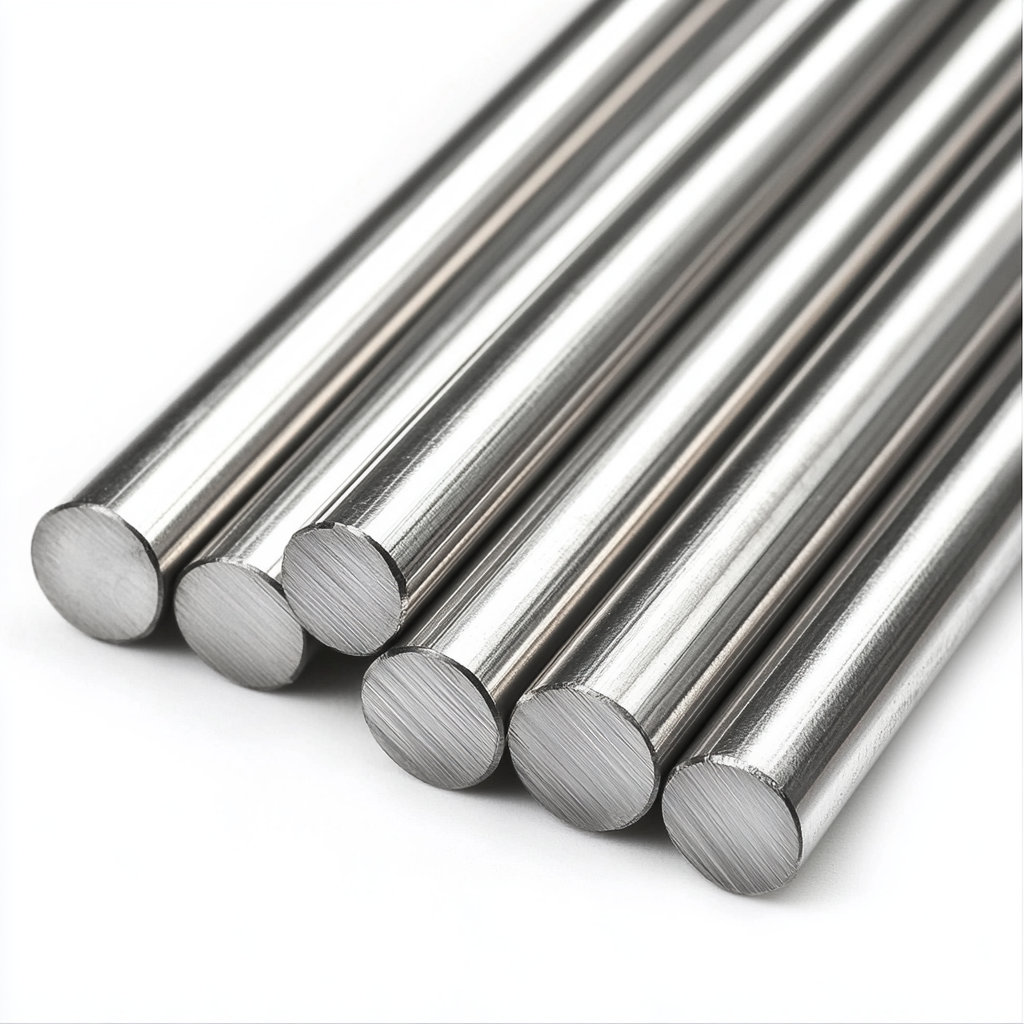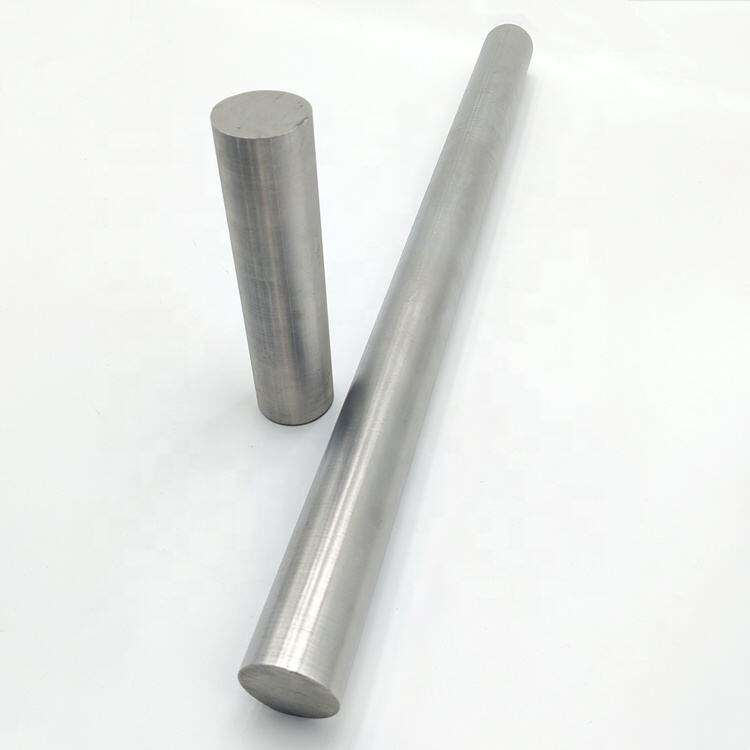Aluminum Bars as a Versatile Solution in Modern Construction
Aluminum bars have emerged as a crucial component in modern construction, offering a wide range of applications from structural frameworks to decorative elements. Their lightweight nature allows engineers and architects to design buildings that are both strong and aesthetically pleasing without putting excessive stress on the foundation. In addition, aluminum bars are highly resistant to corrosion, making them ideal for outdoor and coastal constructions where moisture and salt exposure can compromise other materials. The combination of durability and versatility ensures that aluminum bars are a preferred choice for long-term projects, providing both safety and longevity. Furthermore, aluminum bars can be easily fabricated, cut, and joined, which significantly reduces labor costs and construction time. Their compatibility with a variety of finishing techniques allows designers to achieve different textures and appearances, enhancing the overall architectural appeal. Overall, aluminum bars not only contribute to structural integrity but also provide practical advantages that streamline construction processes and reduce maintenance demands over time.
Strength and Durability
High Load-Bearing Capacity
Aluminum bars can support substantial weights without bending or breaking, which makes them suitable for load-bearing structures. Their strength-to-weight ratio allows for the creation of resilient frameworks that do not compromise the overall design or safety of a building. This property ensures that constructions using aluminum bars remain stable and reliable over long periods.
Resistance to Environmental Stress
Aluminum bars exhibit remarkable resistance to environmental stress, including moisture, heat, and chemical exposure. This resistance minimizes the risk of material degradation, reducing the need for frequent replacements. Structures built with aluminum bars maintain their integrity even in harsh climates or industrial settings.
Lightweight Advantages
Ease of Transportation
Due to their low weight, aluminum bars are easier to transport compared to steel or other traditional construction materials. This reduction in transportation weight lowers shipping costs and simplifies logistics planning for large-scale construction projects.
Simplified Installation
The lightweight nature of aluminum bars facilitates quicker and safer installation on-site. Workers can handle the bars with minimal mechanical assistance, which speeds up assembly and reduces labor costs. This advantage is especially beneficial in high-rise buildings or complex structures where heavy materials would pose significant challenges.
Corrosion Resistance
Longevity in Harsh Environments
Aluminum bars are highly resistant to corrosion, even when exposed to outdoor conditions or saline environments. This durability ensures that structures remain functional and visually appealing for decades, significantly extending the lifecycle of the construction.
Reduced Maintenance Needs
The corrosion resistance of aluminum bars minimizes maintenance requirements. Unlike steel or iron, aluminum bars do not need regular coatings or treatments to prevent rust, which reduces ongoing operational expenses for property owners and developers.
Versatility in Design
Compatibility with Different Architectural Styles
Aluminum bars can be shaped, cut, and finished in a variety of ways, allowing architects to integrate them into diverse design styles. Whether used for modern minimalist buildings or more ornate constructions, aluminum bars adapt seamlessly to aesthetic requirements.
Integration with Other Materials
Aluminum bars can be combined with glass, wood, or composite materials to create hybrid structures. Their compatibility enhances creative possibilities, enabling designers to develop innovative architectural solutions that meet both functional and visual goals.

Sustainability Benefits
Recyclable Material
Aluminum bars are fully recyclable without losing their structural properties. This feature supports sustainable construction practices and reduces environmental impact, making them a preferred choice for green building projects.
Energy Efficiency
The production and use of aluminum bars can contribute to energy-efficient building designs. Lightweight aluminum reduces overall structural loads, leading to lower energy consumption for heating, cooling, and foundation support.
Cost-Effectiveness
Reduced Long-Term Expenses
Although the initial cost of aluminum bars may be higher than some conventional materials, their longevity and minimal maintenance requirements make them cost-effective in the long run. Property owners benefit from lower repair and replacement expenses over the building’s lifecycle.
Efficient Construction Process
Aluminum bars simplify construction logistics, transportation, and installation. This efficiency translates into shorter project timelines and lower labor costs, enhancing overall project profitability.
FAQ
What Types of Aluminum Bars Are Commonly Used in Construction
Construction projects typically use solid aluminum bars, hollow sections, and extruded profiles. Each type offers specific advantages depending on structural and design requirements.
How Can Aluminum Bars Be Maintained for Maximum Durability
Regular inspection and cleaning are generally sufficient for aluminum bars due to their corrosion resistance. Avoiding harsh chemicals and mechanical damage ensures long-term performance.
Are Aluminum Bars Suitable for Coastal or Outdoor Construction
Yes, aluminum bars are ideal for coastal or outdoor use because they resist corrosion from saltwater and humidity, maintaining structural integrity over time.
Can Aluminum Bars Be Customized for Specific Construction Needs
Aluminum bars can be easily fabricated into various shapes, lengths, and finishes, allowing for high customization to meet unique architectural and engineering specifications.




